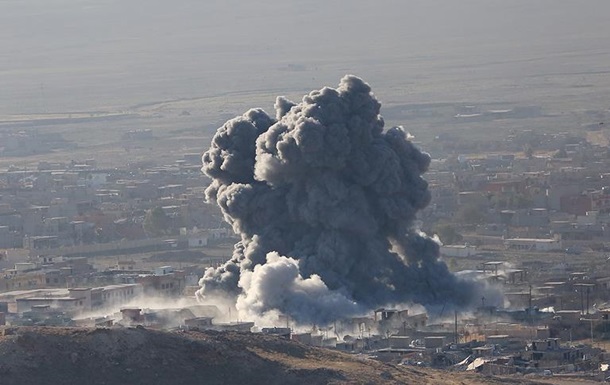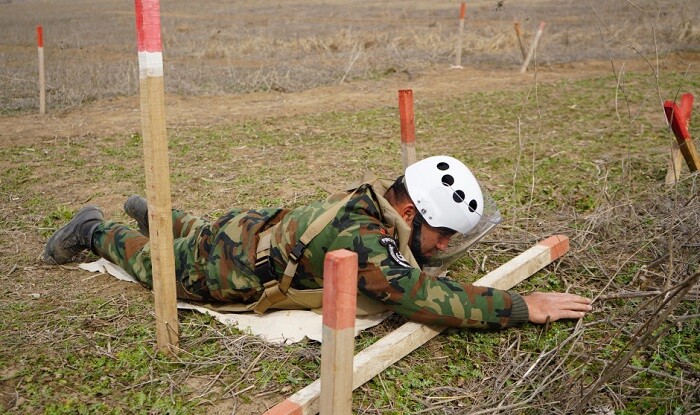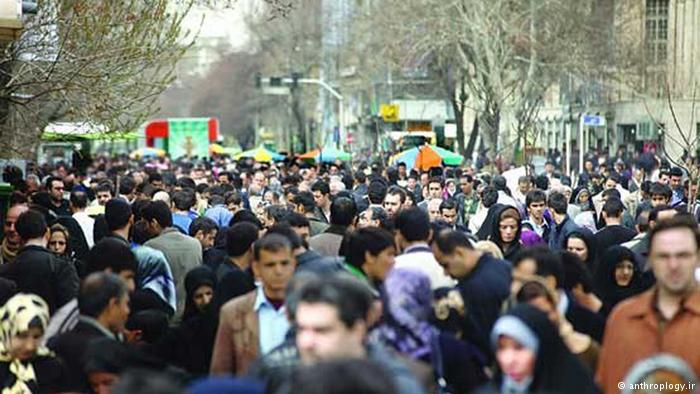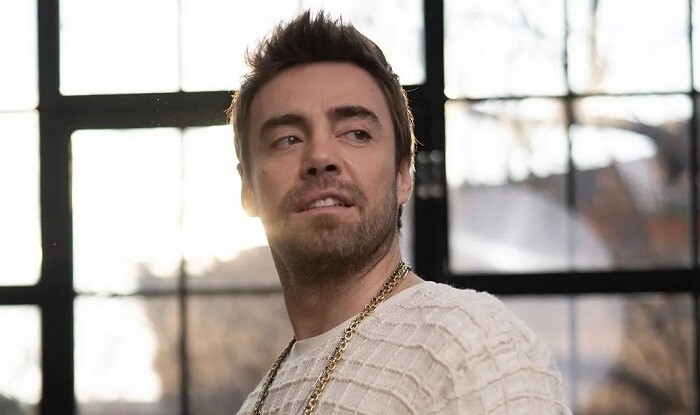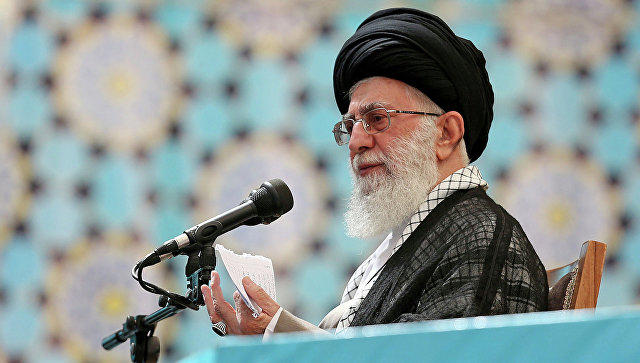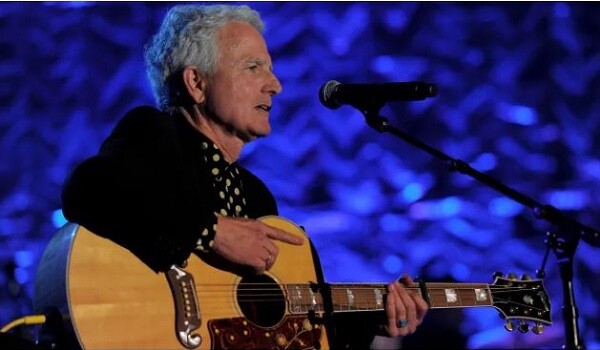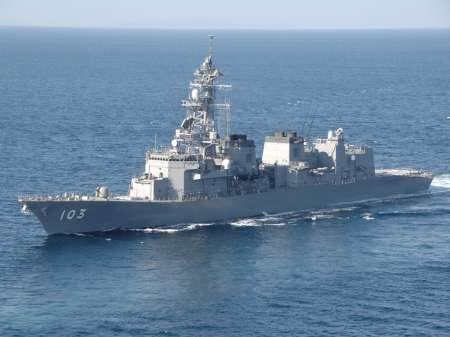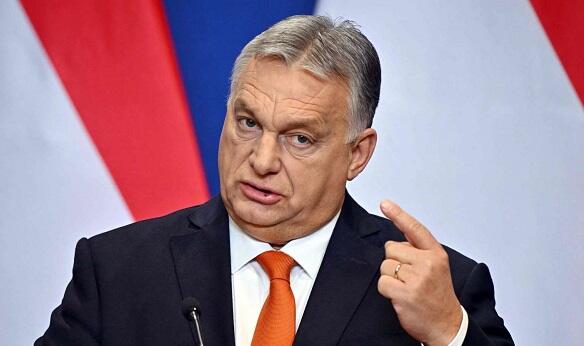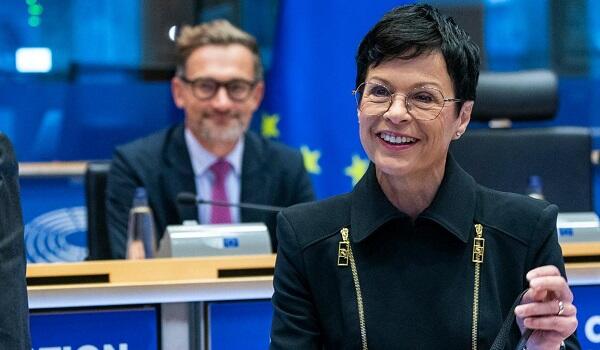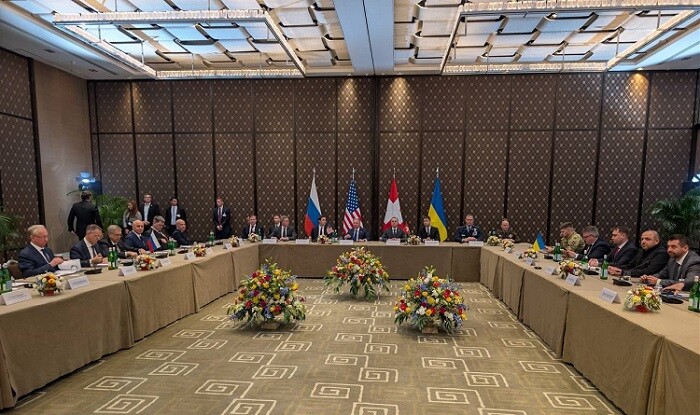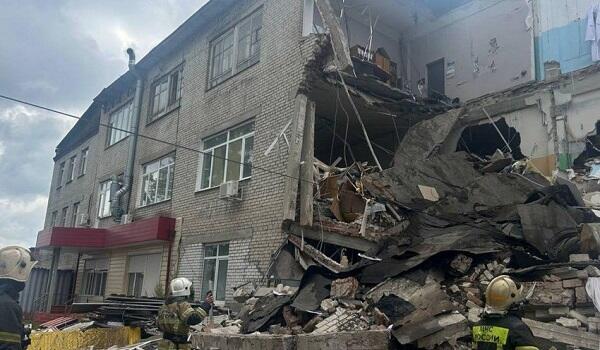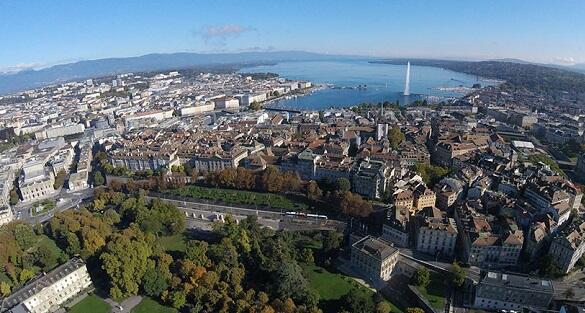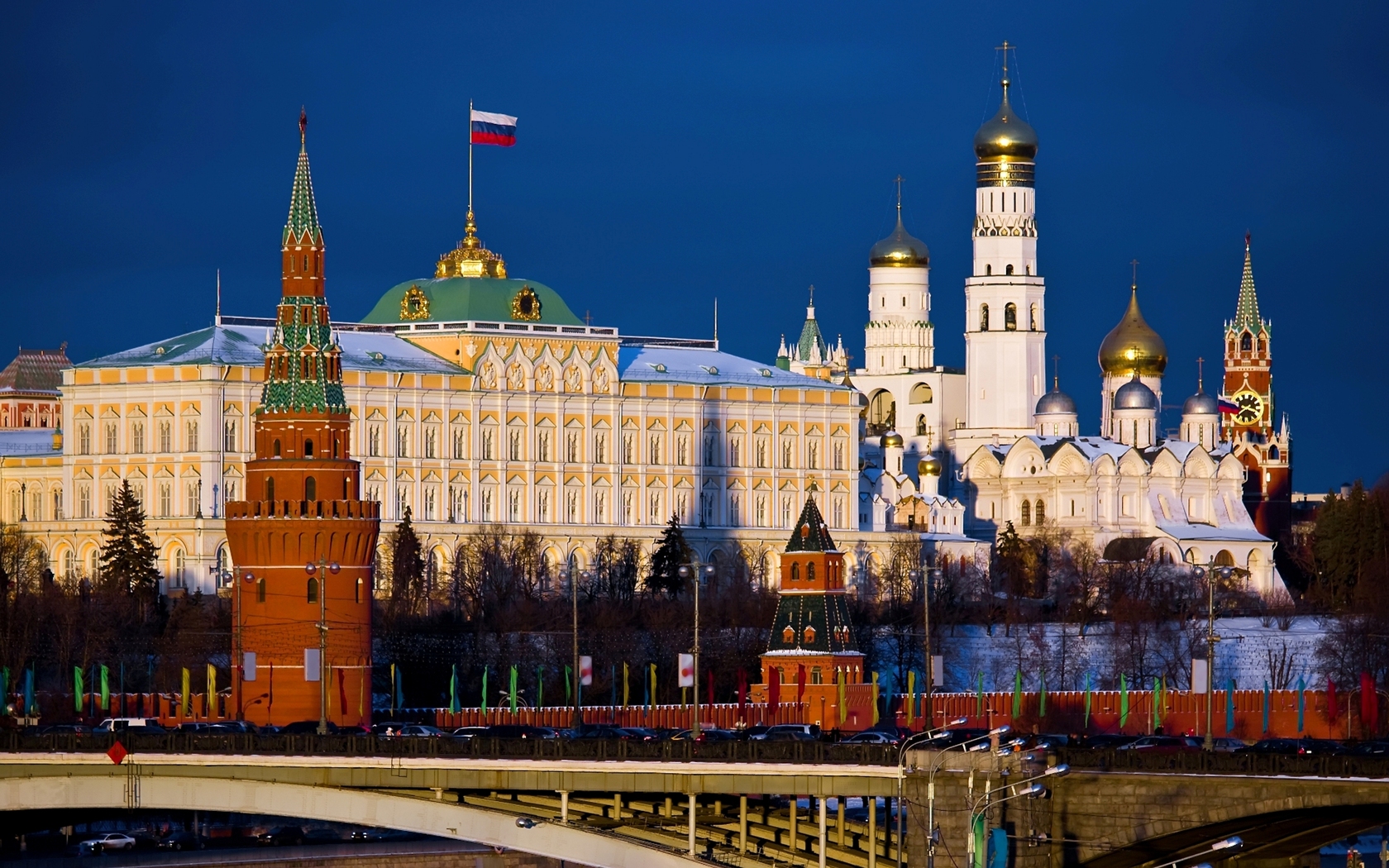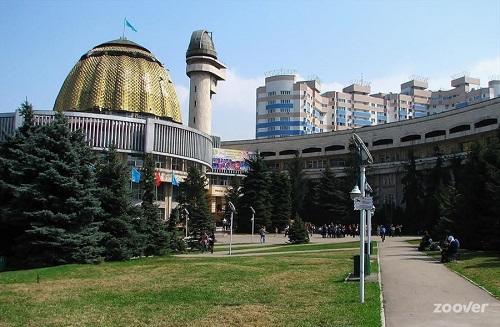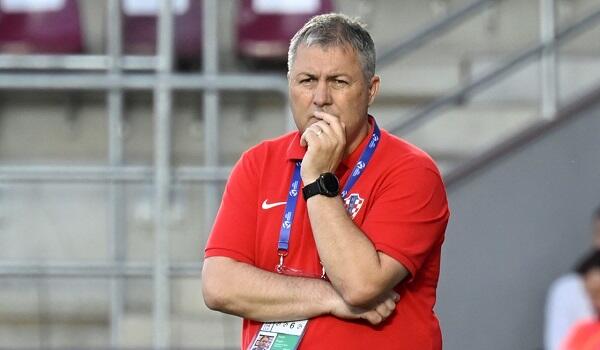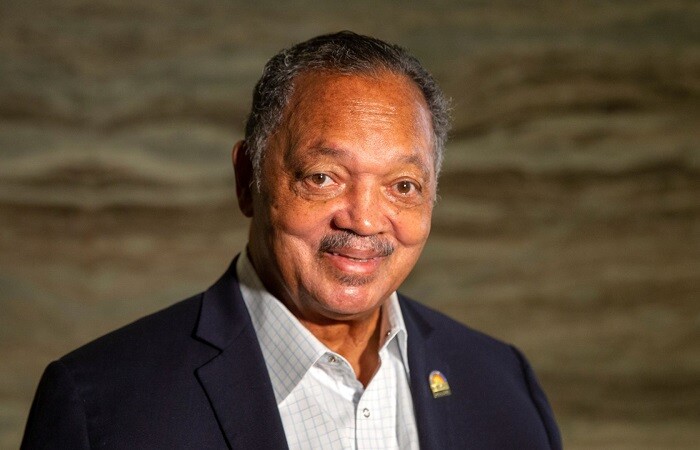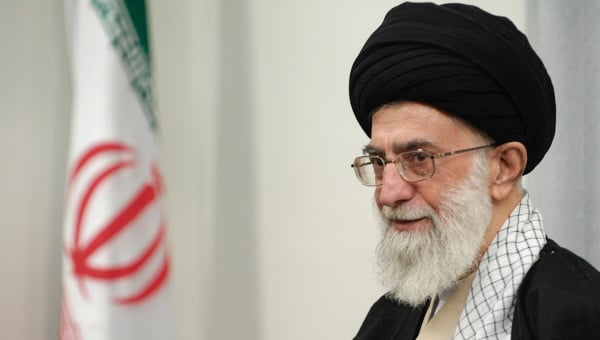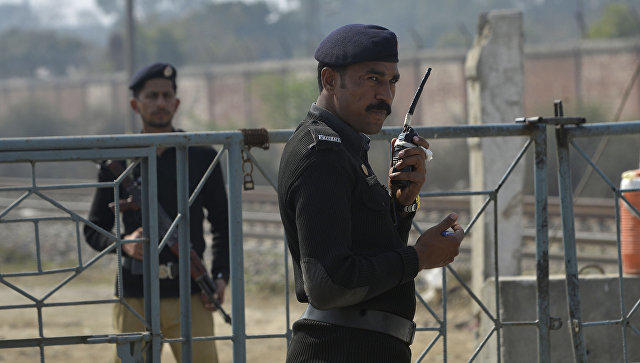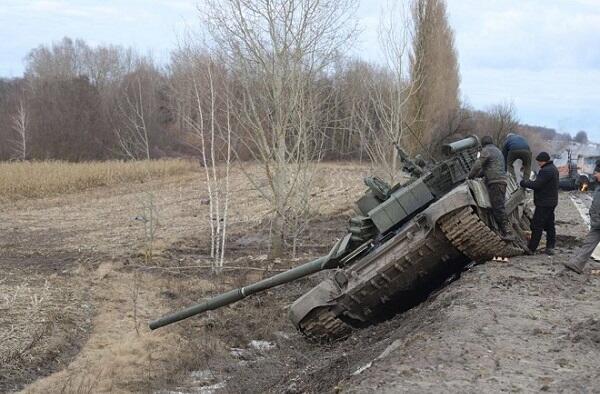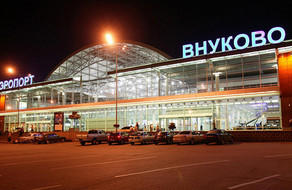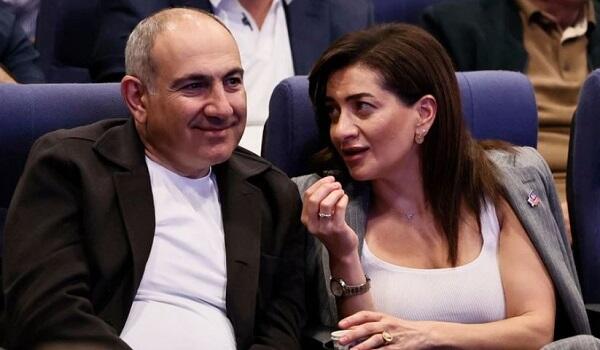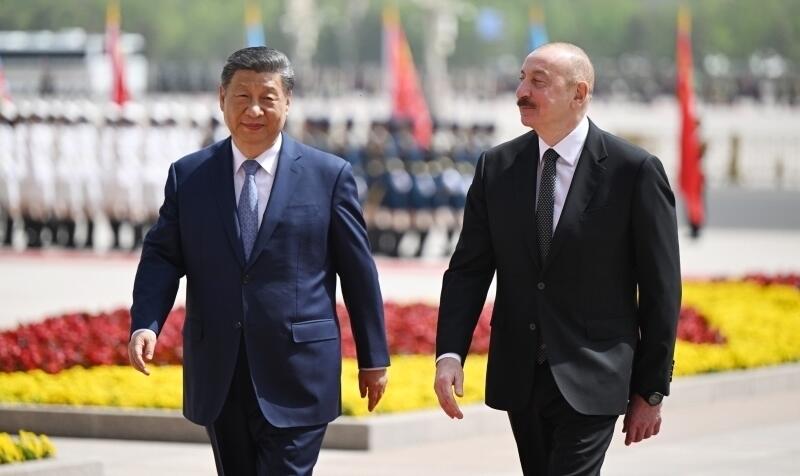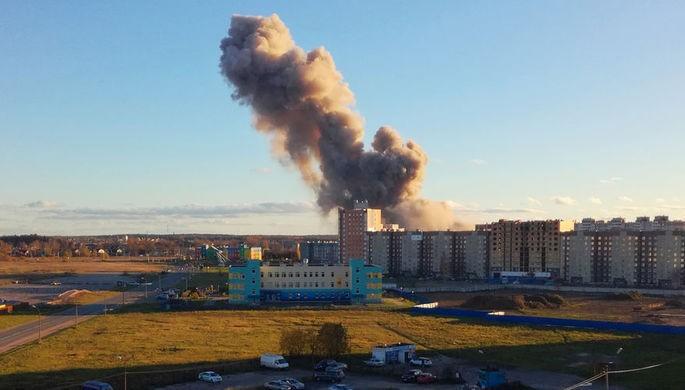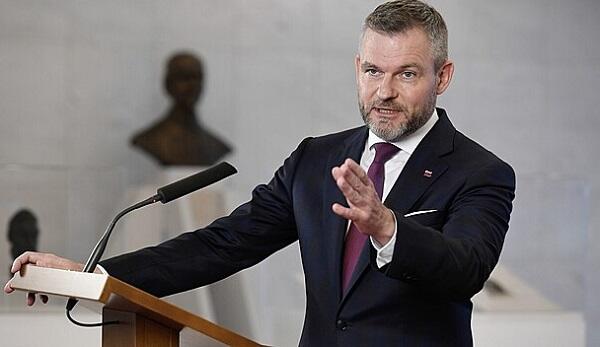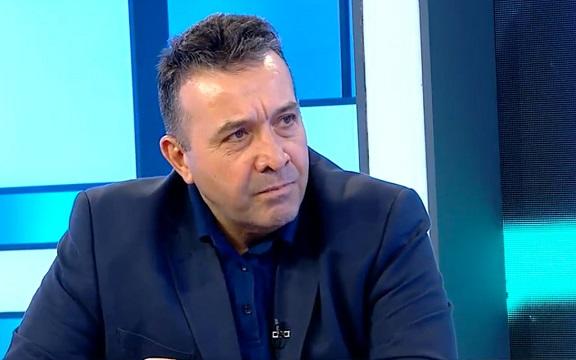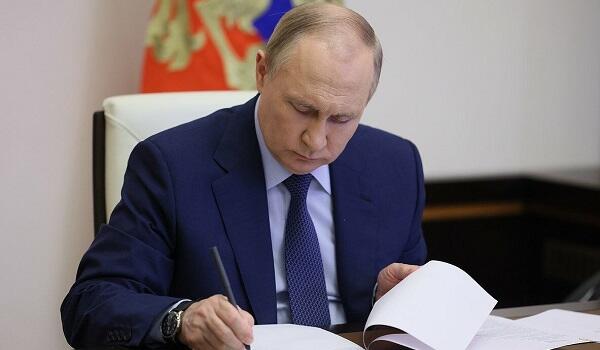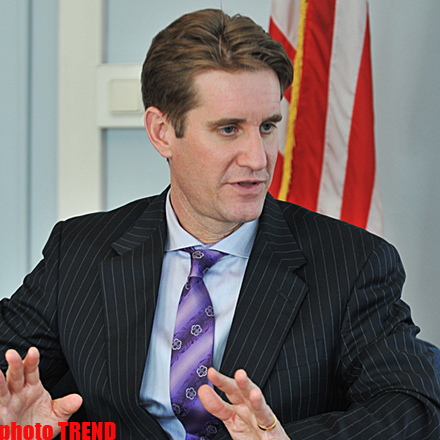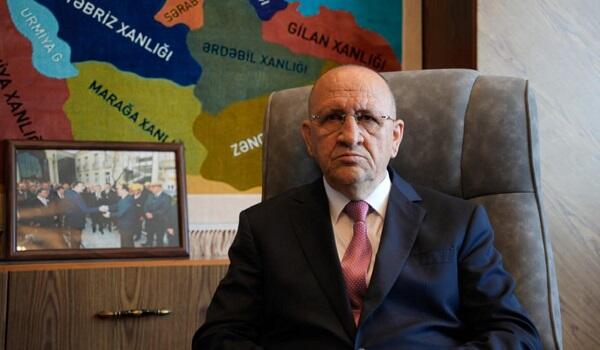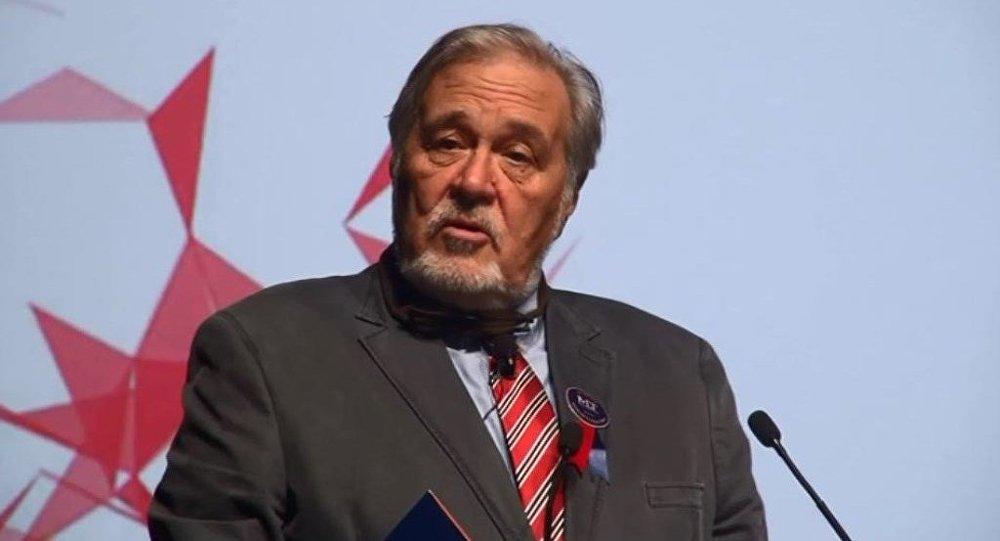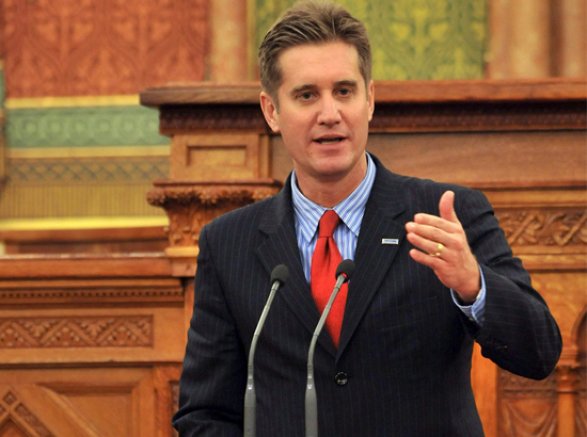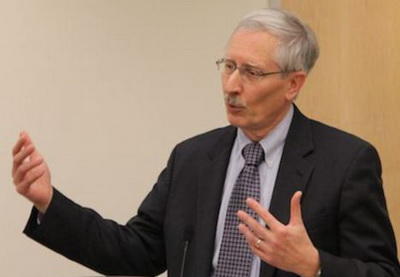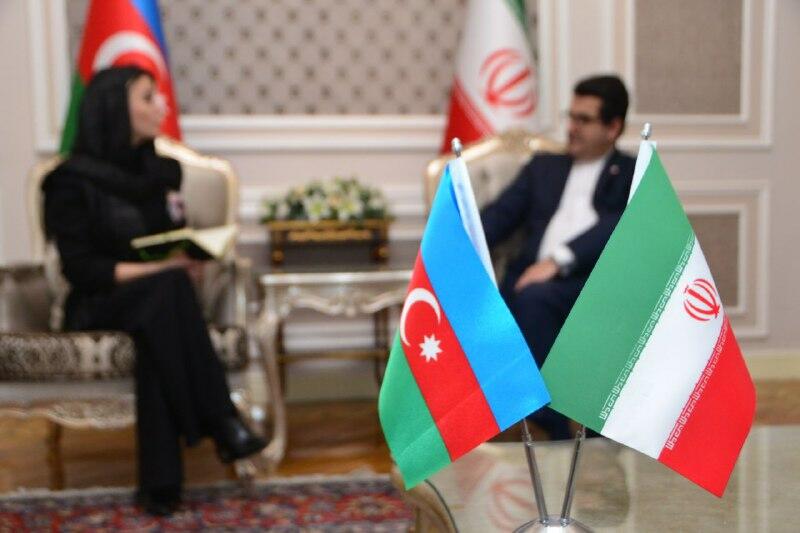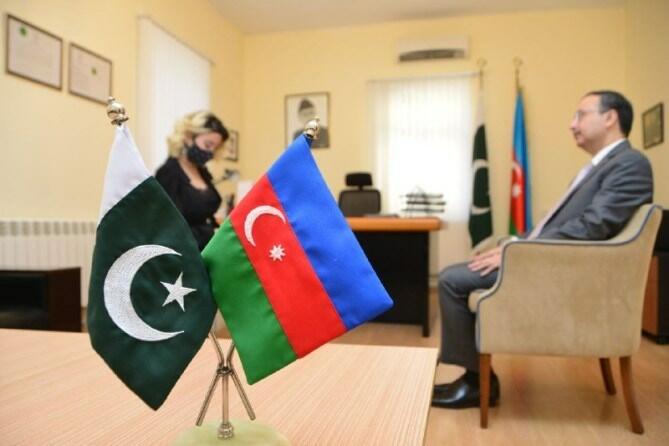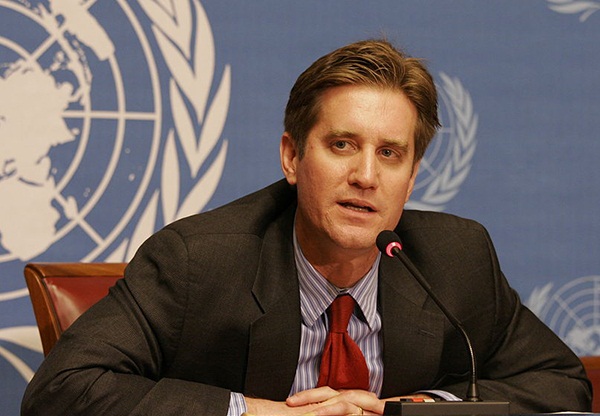Currently, approximately 1,200 square kilometers of Russian territory are under Ukrainian control, as the US and the UK, through Ukraine, have taken the initiative regarding the main pipeline to supply Europe with gas, highlighting the frightening geopolitical energy war at the core of the Kursk operation, which reflects Turkiye and Azerbaijan's significant role in geopolitical influence and power.
Axar.az Interview with Abdullah Agar, Chairman of the Strategic Research Center at Bahçeşehir (Bahcheshehir) University in Turkiye and expert on terrorism and security:
- How did Ukraine manage to advance in Kursk while war rages within its own territory?
- The Ukrainian army has been in Kursk for 16 days, and the events here are quite different. Currently, approximately 1,200 square kilometers of Russian territory, 40 km wide and 30 km deep, are under Ukrainian control. The main question now is whether Ukraine will remain in this area permanently, as Russia is preparing for a counteroffensive. If the counterattack fails, official Moscow will face severe consequences. How did they achieve this? Of course, there is significant support from the US and the UK. The 44-day Karabakh War was the first example of fifth-generation warfare. In Ukraine, this is being executed on a much larger scale. I believe Ukraine has limited and even blinded Russia's military intelligence capabilities by integrating various electronic warfare methods into its air defense systems. Subsequently, they targeted Russian positions with kamikaze UAVs and continued artillery fire. Then, they launched a ground attack on the confused and weakened Russian forces, capturing a small area. This tactic has continued, resembling a "lightning operation." Currently, Ukrainian forces are positioning themselves to prevent Russian forces from breaking the siege in the captured areas and to block reinforcements by destroying bridges.
- What do you think Kyiv aims to achieve geopolitically with the Kursk operation?
- Russia has occupied one-fifth of Ukrainian territory, and the area captured in Kursk represents one percent of that. Therefore, the likelihood of negotiations for mutual return of territories is low. The main issue is the specific target of the Kursk operation, which was one of the key topics discussed by Vladimir Putin during his visit to Azerbaijan with President Ilham Aliyev. At present, the West has a significant need for natural gas. According to pre-war figures, the EU's annual gas demand is 541 billion cubic meters. Russia supplied 216 billion cubic meters of this through the "TurkStream," "Yamal," and Ukraine routes. This year, the gas transit agreement through Ukraine will expire. The demand is so great that the infrastructure needs to be rebuilt to secure supply from another source. The capacity of the gas pipeline through Ukraine is 120 billion cubic meters. One of the main topics of discussion is the transportation of Azerbaijani gas to Europe via Ukraine. They want Turkiye and Azerbaijan to use Russian gas and send the extracted natural gas to Europe. There are even reports that after Vladimir Putin's plane landed in Baku, a plane carrying Gazprom executives arrived. In Kursk, the operational center for the gas pipeline entering Ukraine from Russia is located. With the latest operation, Ukraine has taken control of this area. This means that the US and the UK, through Ukraine, have taken the initiative regarding the main pipeline that will supply Europe with gas. "Nord Stream 1" and "Nord Stream 2" were supposed to export 55 billion cubic meters of gas directly to Germany. However, sabotage occurred, and the line was closed. Additionally, Russia announced that it had prevented sabotage against the "TurkStream" and "Blue Stream" pipelines that bring gas to Turkiye via the Black Sea. Moscow complained to Ankara about this and informed them that Ukraine was trying to cut Turkiye main gas supply line. When we consider these facts, we can say that a frightening geopolitical energy war is at the core of the Kursk operation.
- How do you assess the risks that the intensifying geopolitical struggle poses for Azerbaijan and Turkiye ?
- The developments have a significant impact on Ankara and Baku as well. There was an agreement to create a hub in the Thrace region with Russia. So, Turkiye and Azerbaijan are not just selling natural gas and earning profits from transit. This is also about geopolitical and influence power. It seems that major centers want to prevent Turkiye and Azerbaijan from strengthening geopolitically by taking the initiative in balancing relations between Russia and the West while consistently upholding the principle of territorial integrity. This also involves gas transported over the Caspian Sea, not just from Azerbaijan. We are facing major geopolitical processes that carry significant security risks. We must closely monitor events and take our steps accordingly.
